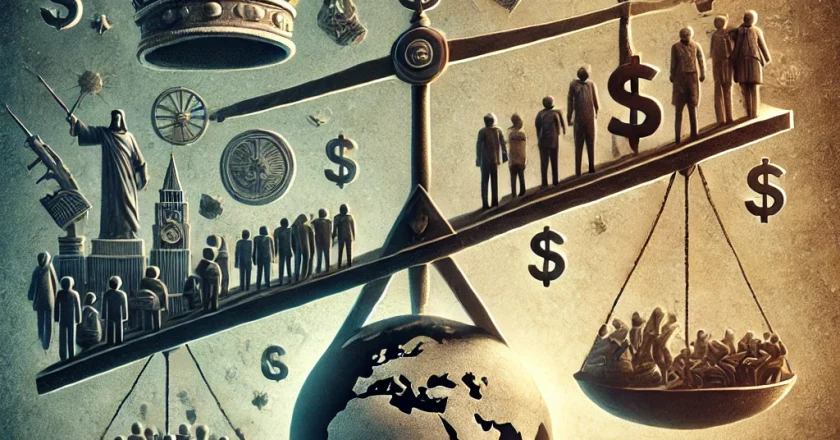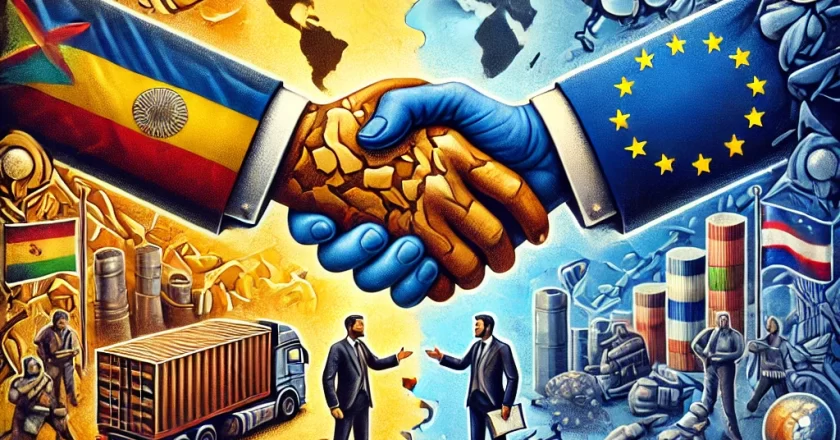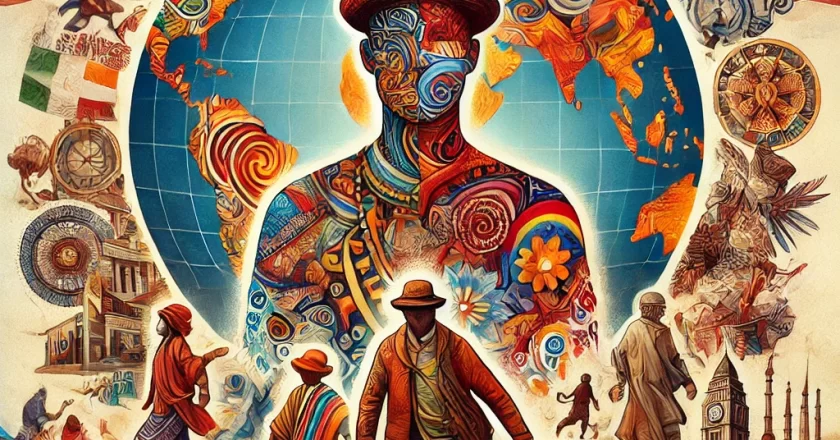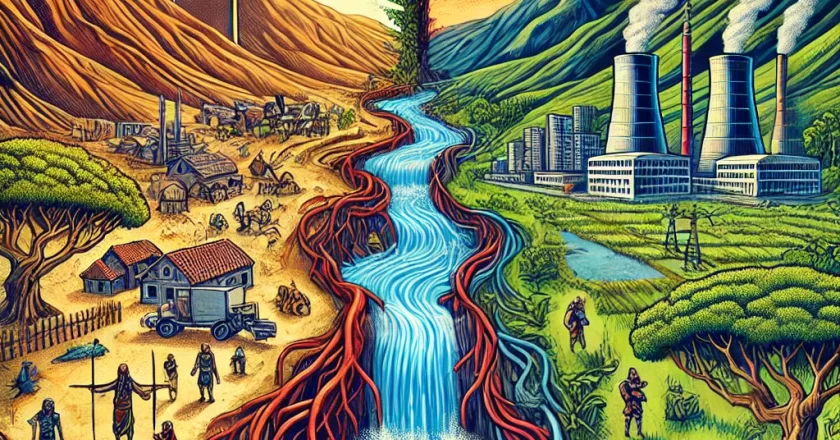The record of damage caused by Russia in Ukraine: a precedent with potential global implications
In 2023, the Council of Europe took a significant step by creating the Register of Damage Caused by Russia in Ukraine, um mecanismo voltado para documentar as perdas sofridas pela população ucraniana em decorrência da invasão russa. Este registro foi estabelecido como uma medida inicial para sustentar futuras compensações financeiras e jurídicas, criando uma base de dados detalhada sobre destruições, mortes e impactos socioeconômicos causados pela guerra. O objetivo declarado é estabelecer uma base sólida para que, possibly, a Rússia ou outras partes envolvidas sejam responsabilizadas legalmente em tribunais internacionais ou por meio de acordos de compensação. Essa iniciativa marca uma tentativa inédita de sistematizar e antecipar a reparação de danos em um contexto de conflito inter...










